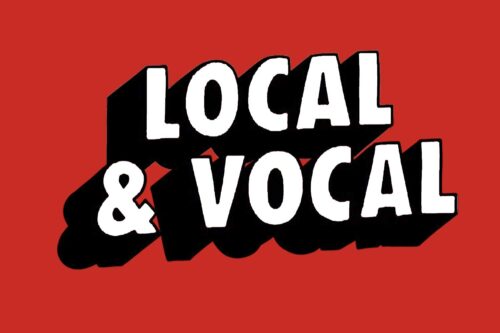
By Paul Bodin
We live in a post-truth world where feelings matter more than facts.
If you believe there are factual truths — for example, that climate change is largely the result of human activity, that vaccines protect us from the worst effects of COVID-19, and that Trump lost the 2020 presidential election — then how do you account for the millions of people who ignore these facts in favor of alternative ones?
In a New York Times essay from June 2023, Maureen Dowd offers a disturbing explanation. “Some would say that Americans are being taken over by group think, slogans, conspiracy theories, lies and emotions, to the point that they have become unrecognizable … with an increasing abdication of the responsibility to think for oneself, surrendering to whatever germ is in the water. There’s no calm, no deliberation, no chance to change your mind about anything. Just a collapse of individuality, the very trait the country was founded on.”
As we approach the 2024 election cycle, there is little chance that we will have calm and deliberation in our civic discourse. Donald Trump’s recent campaign allegations offer a preview of coming attractions: “The corrupt government cartel is once again destroying our country. We are a nation where free speech is no longer allowed, crime is rampant like never before, terrorists are invading our southern border, and the economy is in a recession. We are a nation that is hostile to liberty, freedom, and faith.”
Are these statements truths, falsehoods or lies? How would we know the difference, and should we care? For those of us who want to know what’s true or false, what sources of information are trustworthy?
Lee McIntyre, a research fellow at the Center for Philosophy and History of Science at Boston University, talks about different forms of post-truth. There are falsehoods, when people say things that are untrue without meaning to do so. There are outright lies, which are falsehoods made with the intention to deceive others. There is a willful ignorance of facts, when people spread untruths without bothering to take the time to find out if their information is accurate.
There is self-deception, when people believe in falsehoods that are shared by others in their friendship circle or online chat group – the “group think” that Dowd talks about.
Sometimes post-truths are purposefully spread through corporate greed. The tobacco industry’s claims that smoking was safe is well-documented. Disinformation about climate change came from lobbying and advertising schemes made by the coal and petroleum industry.
But more importantly, post truths flourish when people are susceptible to believing them in the first place. For example, we tend to accept information that already conforms to our existing beliefs. We don’t feel comfortable with information that suggests that we’ve been mistaken and should consider revising our opinions. We gravitate towards the same news feeds that confirm our values.
Sometimes we convince ourselves of falsehoods by creating rationalizations. For example, people opposed to government-sponsored food stamps might rationalize that recipients are lazy, government-dependent and disinterested in finding work.
We can be blind to even the most obvious truths if we find ourselves in the minority. Group-think and social conformity apply powerful emotional pressures for us to view the world the way that others do.
And there is a skepticism among many of us that we can trust the media to inform us with factual reporting that brings meaning and context to the news. Which reporters and journalists should we consider trustworthy?
With all of these potential pitfalls in finding the truth, it may be just easier to give up and accept living in a world of post-truths. But when we accept that we’re not alone, and that others also yearn to view the world with calmness and deliberation, then it’s in our best interests to seek out people in face-to-face discussions where we can subject our ideas to the scrutiny of others.
On Wednesday Jan. 10, the downtown Eugene Public Library will host the first of six public discussions, free and open to the general public. These Community Philosophy Circles, co-led by Carolyn Lundquist and myself, will be held on the second Wednesday of each month. The Jan. 10 discussion is called “Living in a Post-Truth Era” and will begin at 6 pm. We hope to see you there.